Stomach Cancer | Signs, Causes & Treatment
 Kyler
|
Kyler
|
 25 Jul 2025
25 Jul 2025
What stomach cancer actually is
Stomach cancer happens when certain cells in the stomach lining start growing out of control. They don’t stop like normal cells should. Over time, these cells can form a lump—a tumor—that slowly pushes deeper into the stomach wall. In some cases, it spreads to other organs. It usually doesn’t grow fast, which sounds better, but it also means many people don’t know it’s there until it’s already late.
It’s not always about how big the tumor is either. A small one in the wrong spot can do damage. Some people only find out once it reaches stage 3 stomach cancer, or worse, stage 4 stomach cancer, when it’s already spread beyond the stomach.
Stomach Cancer Real Images
Early signs that might not seem like cancer
The early signs are easy to miss. You feel full faster than usual. You get indigestion that sticks around. There’s this bloated, heavy feeling after meals. A few pounds might drop off even if you’re eating okay.
A lot of folks just think it's gas, acid, or maybe just eating something bad. It’s only when these things don’t go away, even after a few weeks, that it starts to raise concern.
Some even say they hear more stomach noises, and wonder if it's something like bowel cancer stomach noises. It's not a symptom that confirms anything, but it can add to the list of signs that something’s off.
What causes stomach cancer or increases the risk
One of the big reasons behind it is H. pylori. That’s a type of bacteria that hangs around in your stomach and causes long-term irritation. If it’s not treated, it can slowly wear down the stomach lining.
Then there’s smoking—no surprise there. Eating a lot of processed, salty, or smoked food doesn’t help either. Alcohol in large amounts adds to the problem too.
People with chronic stomach issues like gastritis or ulcers should also keep an eye on things. And if someone in your family’s had stomach cancer, your chances go up a bit.
Even animals aren't immune—stomach cancer in dogs is something vets deal with. It shows up in pets just as quiet and sneaky.
How it’s usually diagnosed
A doctor will ask how long you’ve had symptoms. They’ll press around your belly, maybe check for weight loss or tenderness. If they think something’s not right, they might send you for an upper endoscopy—that’s where a thin tube with a camera goes through your throat into your stomach to look around.
If they see something strange, they’ll take a biopsy, a tiny piece of tissue to check under a microscope. They may also order imaging like a CT scan, especially if they need to see how far the cancer has gone. That’s how they figure out the stomach cancer stages.
Stomach Cancer Real Images
Different types of stomach cancer
Most people who get this have something called adenocarcinoma. That one starts in the stomach lining. It’s the most common.
Others are rarer. Things like gastrointestinal stromal tumors (GIST), lymphomas, or neuroendocrine tumors. They need different treatments. Knowing the exact type helps the doctor decide what works best.
Treatment options and what they involve
Treatment depends on when it’s caught. If it’s early enough, stomach cancer surgery can remove the tumor completely. Sometimes it’s just a part of the stomach. Other times, the whole stomach may have to go.
For more advanced cases—like stage 4 stomach cancer or metastatic stomach cancer—surgery might not be an option right away. Then they might go with chemotherapy, radiation, or stomach cancer medication to try to shrink the tumor or slow it down.
There are newer things too, like targeted therapy and immunotherapy, which work better on some types of cancer cells.
Every person’s body reacts differently, so the plan changes based on age, overall health, and how the cancer is acting.
What life feels like during and after treatment
It’s not easy. A lot of people feel nauseous during treatment. Food might not taste right anymore. Appetite disappears. You might feel weak, drained. And that’s just the physical part.
Emotionally, it’s a rollercoaster. There’s worry, stress, and days where even getting out of bed feels like too much. But many people also talk about finding strength they didn’t know they had. Support from family and good care makes a real difference.
Recovery isn’t the same for everyone. For some, it’s slow and steady. Others bounce back quicker. Every day feels a bit different.
Ways to lower your risk
Eat more fresh stuff. Fruits, veggies, whole grains—real food. Stay away from processed meat and super salty meals. Cut back on smoked and pickled foods too.
Quit smoking if you haven’t. It’s never too late. If you’ve had H. pylori, make sure it’s treated fully. And if stomach cancer runs in the family, ask your doctor about screening.
These things can’t promise you won’t get it—but they can lower the odds.
Stomach Cancer Real Images
When to see a doctor
If your stomach hasn’t felt right for more than a few weeks, get checked. Especially if you’ve lost weight without trying, feel full too fast, or have pain that won’t quit.
These things might seem small. But when it comes to cancer, catching it early gives you way more options.
Sanford Pharmacy helps support people through every step—from diagnosis to recovery. Whether you need help managing side effects, finding the right meds, or just someone to guide you, we’re here. You don’t have to go through it alone.
Categories
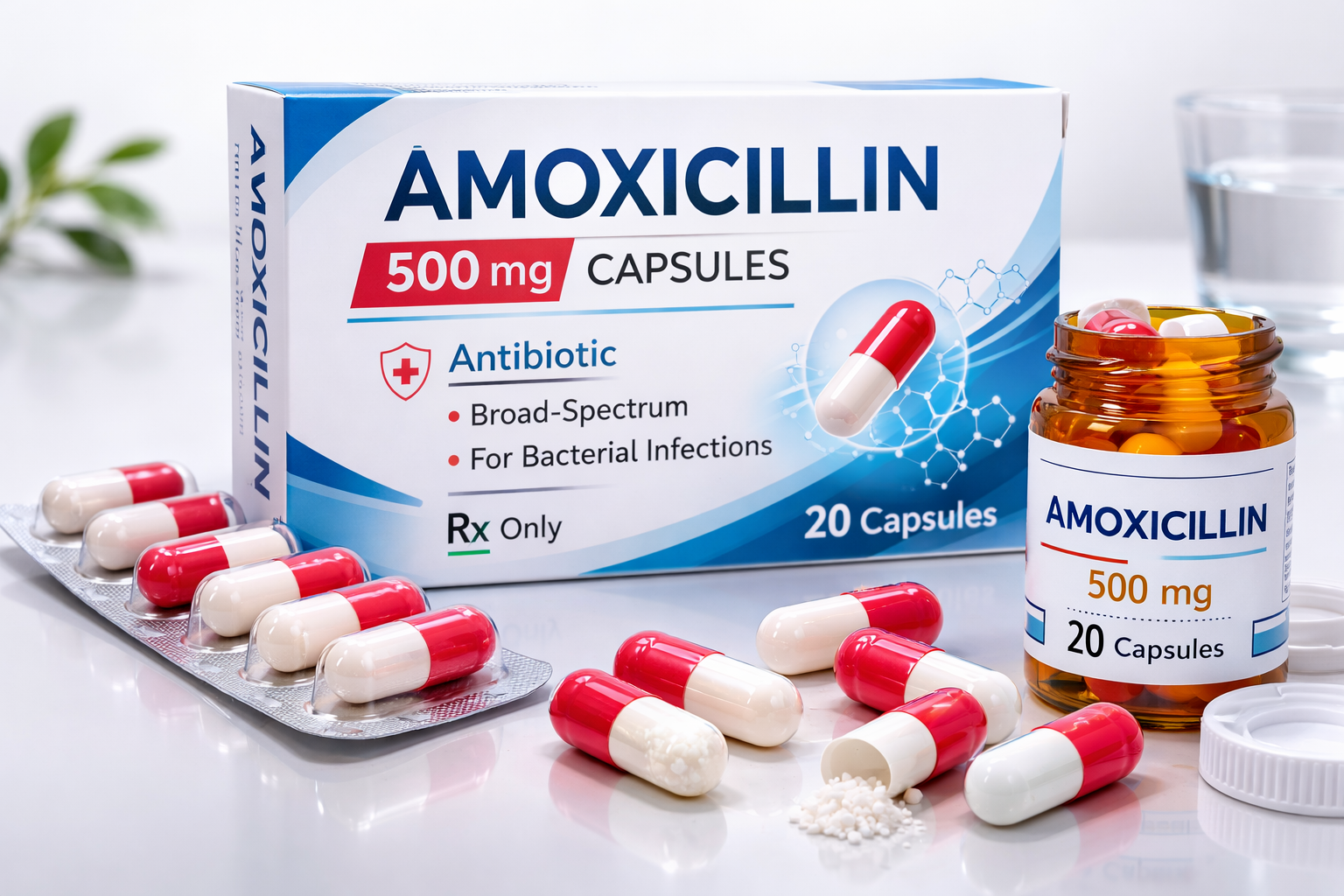
How Long Does Amoxicillin Stay in Your System?
 Graciela
Graciela
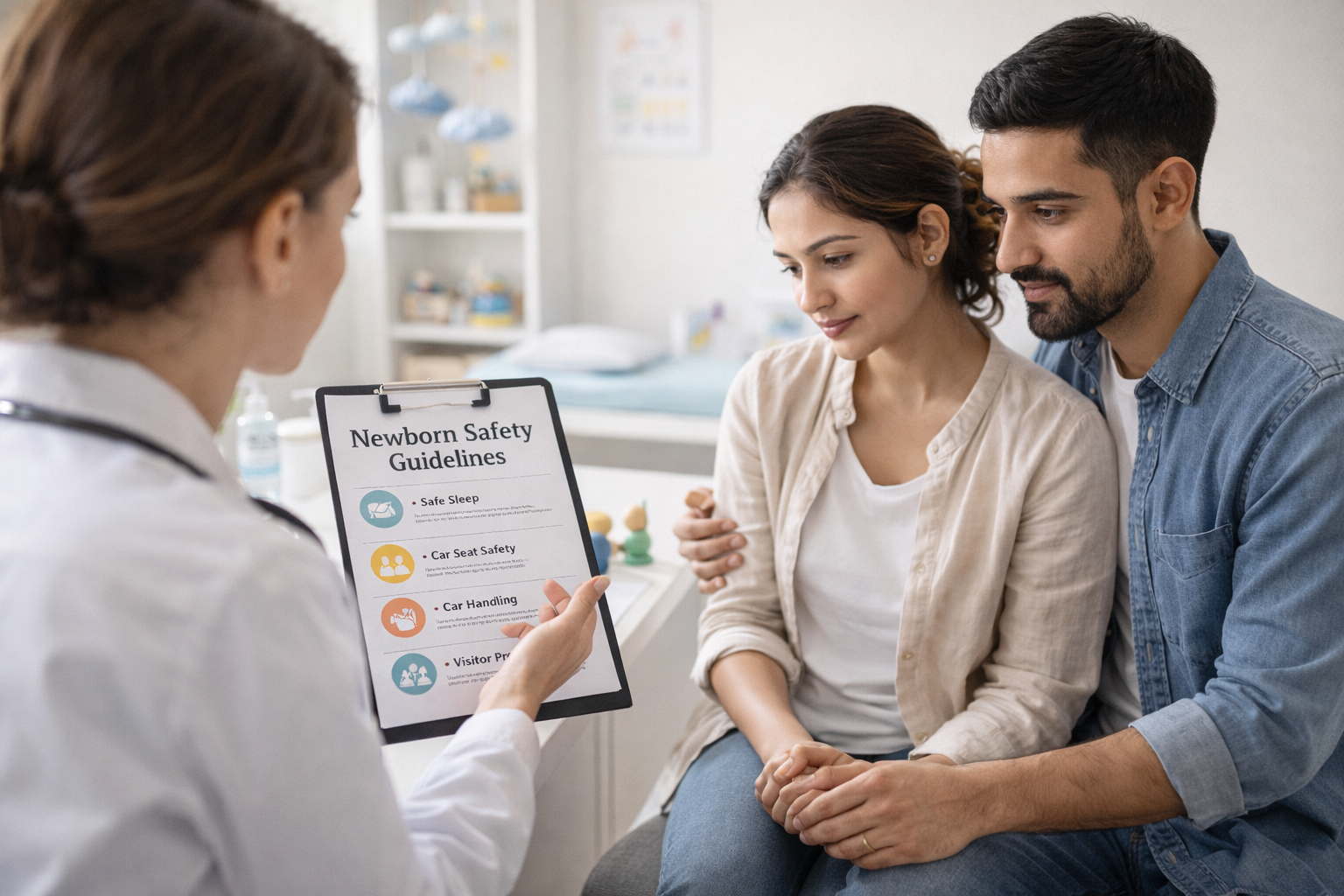
Can Newborns Get Infections from Visitors?
 Tobias
Tobias
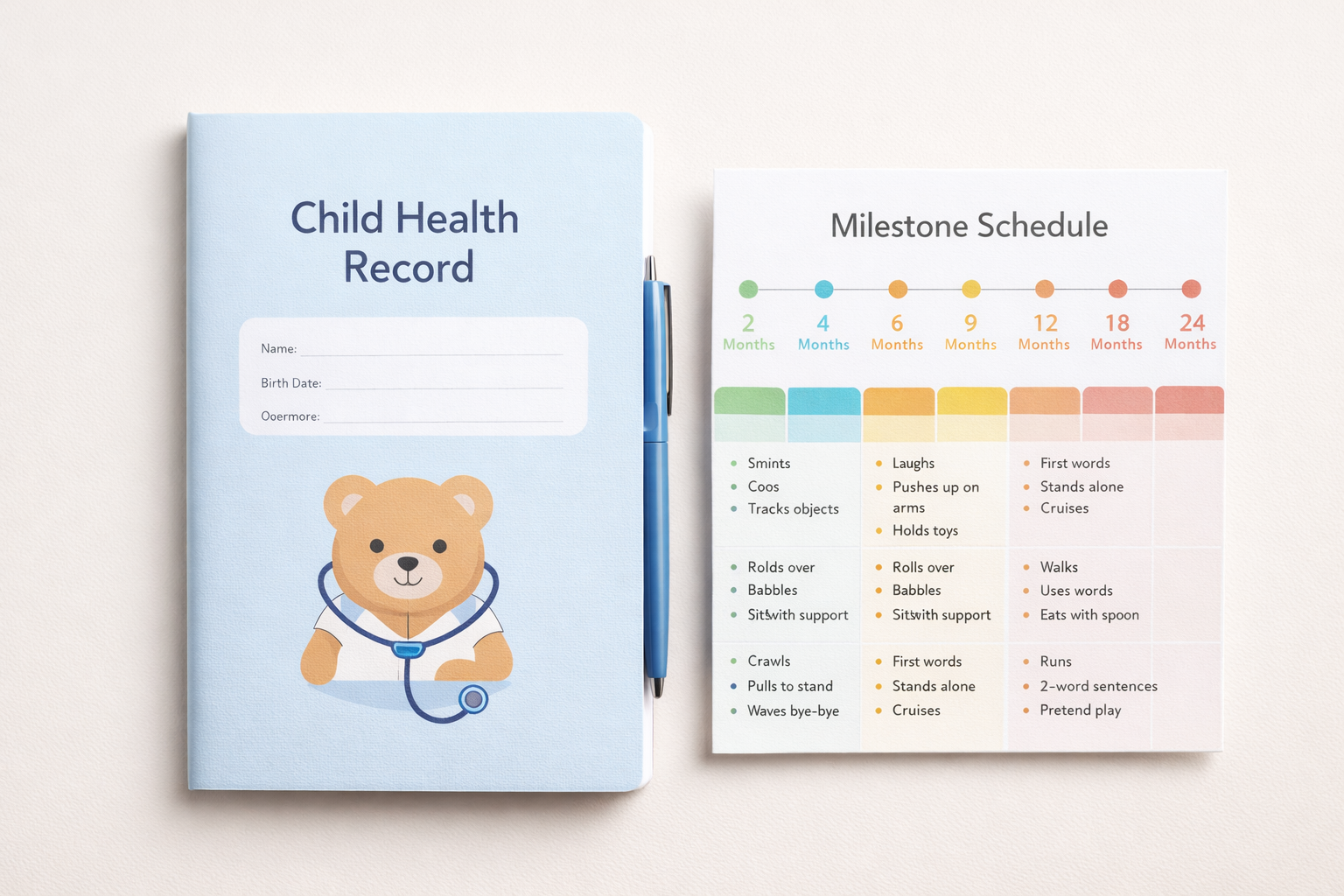
Signs of Developmental Delays in Infants!
 Justice
Justice

What Vaccines Are Required for Toddlers?
 Molly
Molly

Is Baby Getting Enough Breast Milk?
 Monserrat
Monserrat

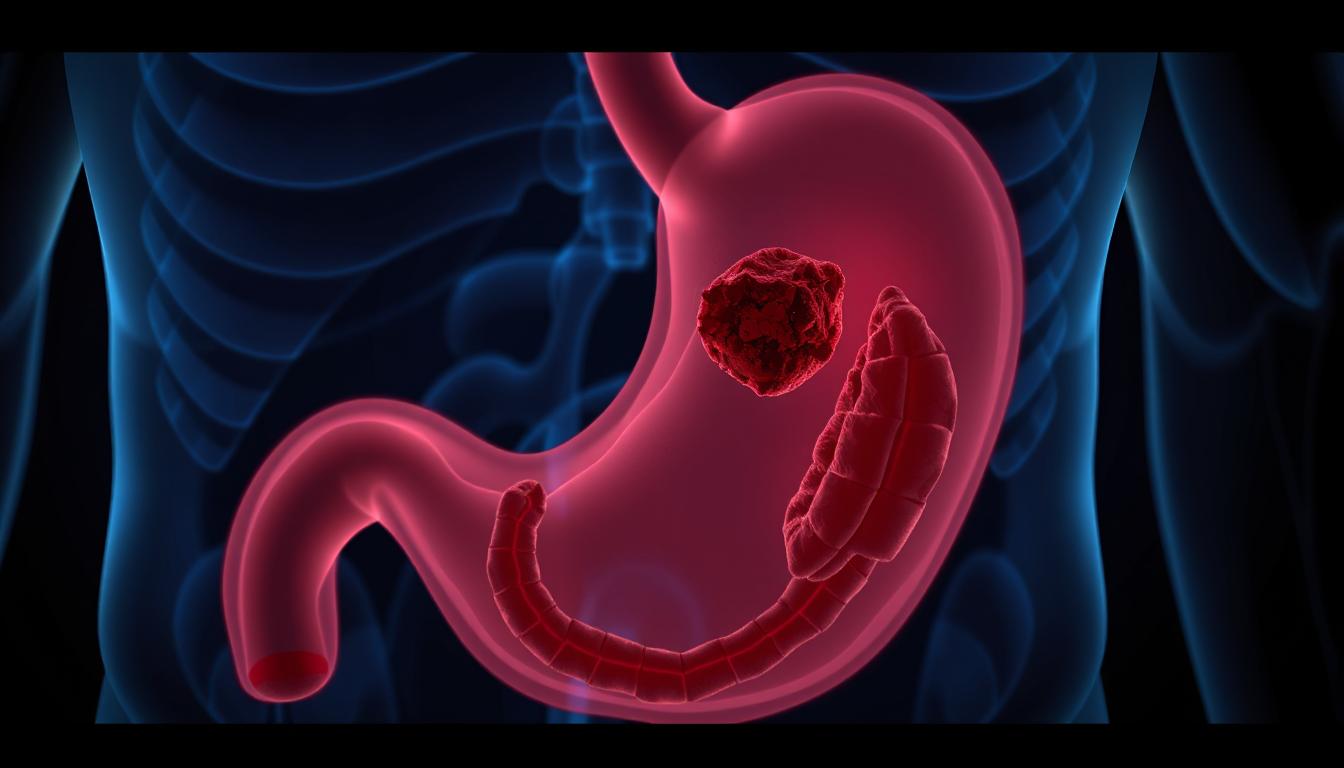
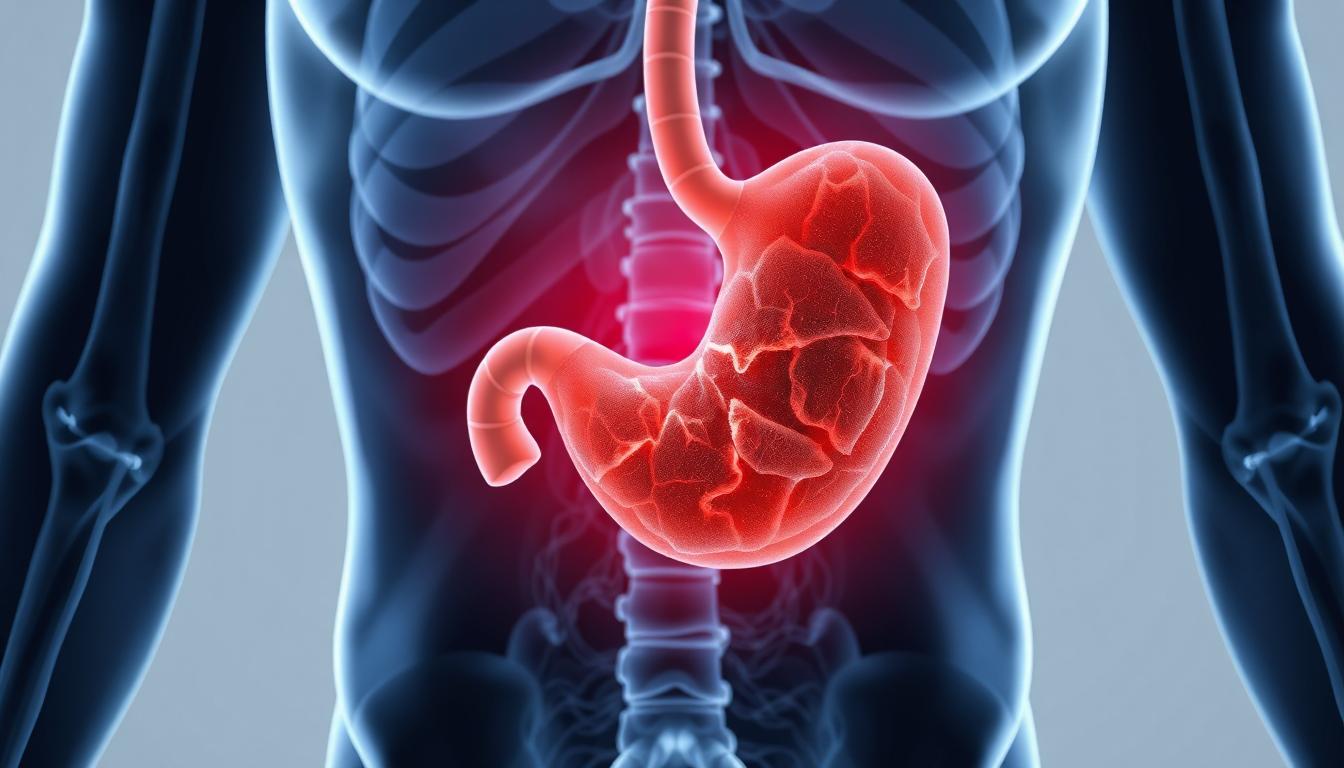
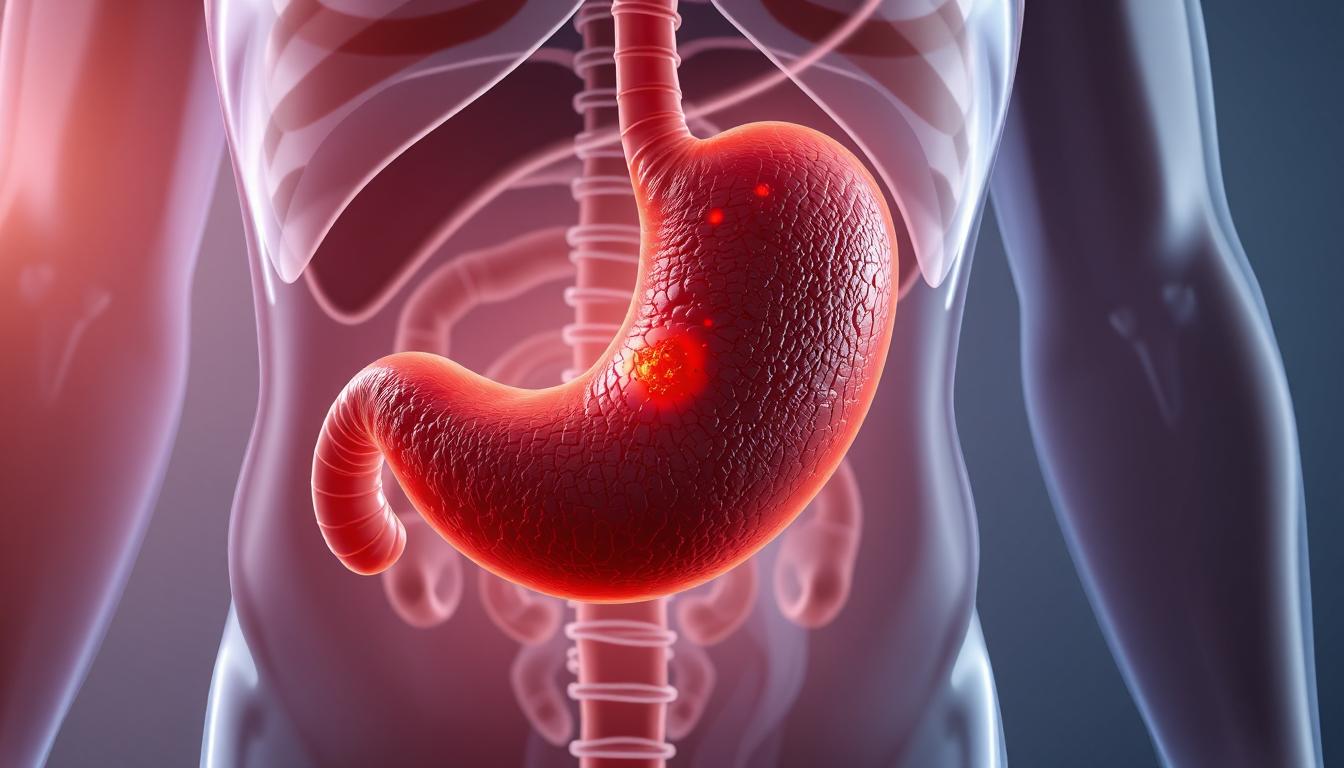







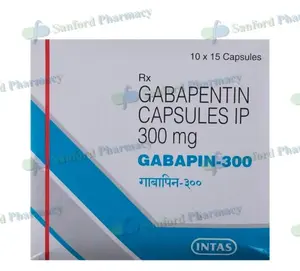
.webp)
.webp)
-(2).webp)
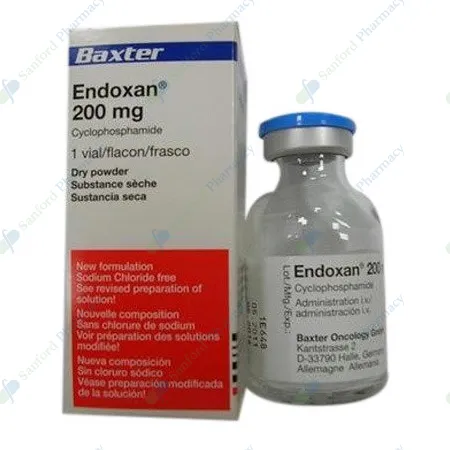
.webp)